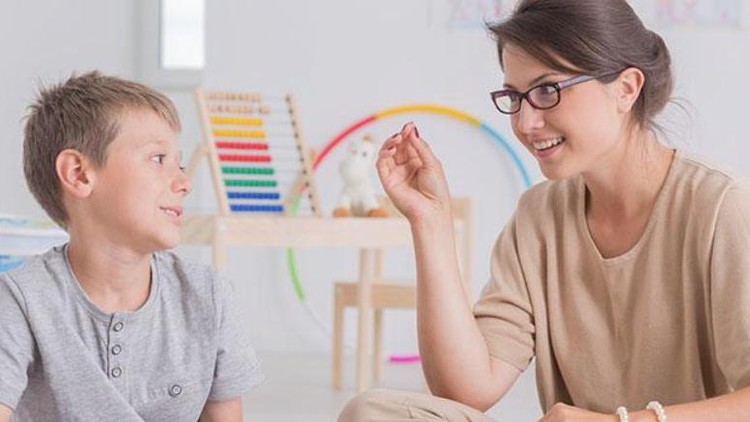Child Psychology : A child Developmental Psychology

Why take this course?
Child psychology is indeed a multifaceted field that plays a pivotal role in understanding and shaping the growth and development of children. The applications of child psychology extend beyond individual and clinical settings to influence broader societal issues such as policy-making, education reform, and public health initiatives. Here are some additional applications and considerations within the field:
Early Childhood Education: Early childhood educators use principles from child psychology to create environments that support learning and development. They understand that play is a critical component of early childhood experience and design activities that promote cognitive, social, and emotional growth.
Special Education:</child psychologists are integral in the identification and support of children with special needs. They work with educators to tailor educational programs to meet the unique learning needs of each child, ensuring that these children have equal opportunities for success.
School Psychology:</child psychologists working within schools assess and address issues such as academic difficulties, bullying, peer relationships, and social adjustment. They provide critical support services to help students cope with challenges and maximize their learning potential.
Forensic Psychology:</child psychologists may be involved in legal cases, providing expertise on child development and its implications for issues such as competency, trauma, and criminal responsibility. They can serve as expert witnesses or consultants in court proceedings involving children.
Research and Innovation:</child psychology research drives the development of new interventions, assessment tools, and understanding of child development. Through empirical studies, child psychologists contribute to a body of knowledge that informs practice in various fields including psychiatry, pediatrics, education, sociology, and anthropology. Public Health Initiatives:</child psychologists can help design public health campaigns aimed at promoting healthy behaviors among children. For instance, campaigns to reduce obesity by promoting physical activity, healthy eating habits, and preventing exposure to harmful substances. Sports Psychology:</within sports organizations, child psychologists may contribute to the psychological well-being of young athletes. They can help develop coping mechanisms to deal with performance anxiety, stress management strategies, and other mental health issues that may impact their performance. Corporate Settings:</child psychologists might work with corporations in designing child-friendly corporate environments, such as play areas for children of employees. This enhances the overall employee experience and can be used as a tool for recruitment and retention of employees. International and Global Perspectives:</child psychology also takes into account international and global perspectives, considering various cultural contexts, languages, and international systems such as international adoption policies, refugee child support systems, international human rights laws, and international education programs. Interdisciplinary Collaboration:</child psychologists often collaborate with professionals from other disciplines, such as neuroscientists, geneticists, pediatricians, family therapists, social workers, early childhood educators, occupational therapists, speech language pathologists, and other related fields to provide comprehensive support for children.In summary, child psychology is not confined to the clinical setting. It encompasses a wide range of applications that influence various aspects of children's lives and well-being. It is deeply embedded within our societal systems, contributing immensely to enhancing the quality of life for all children across diverse global environments.
Loading charts...